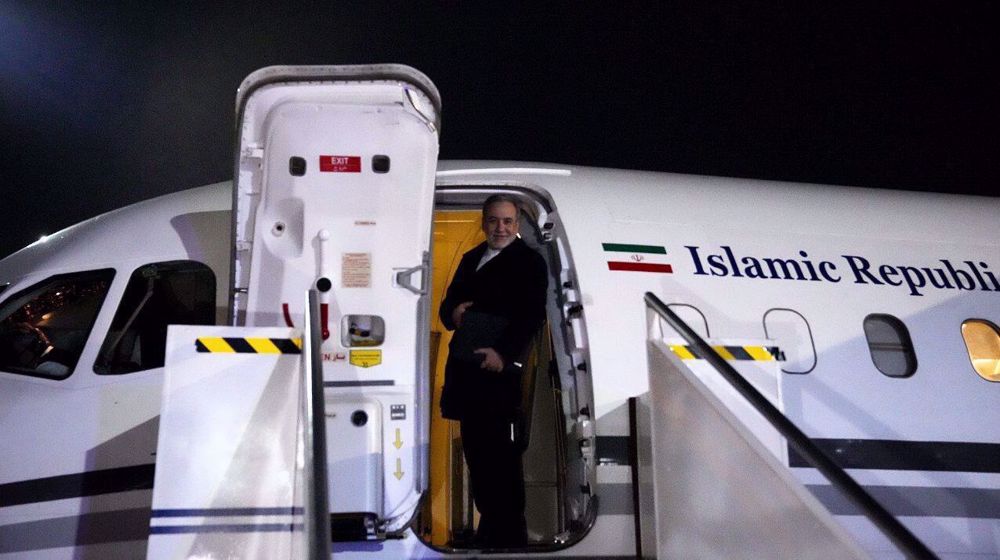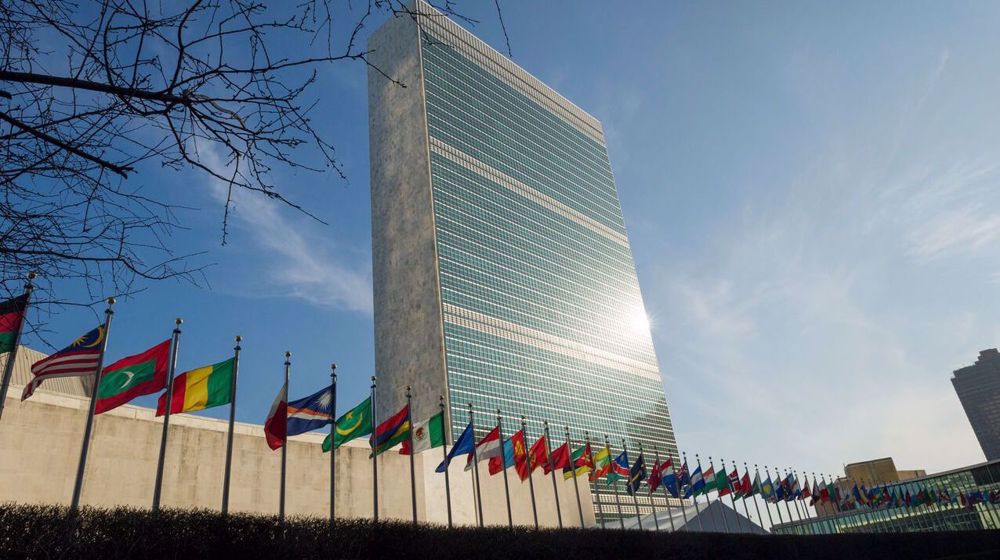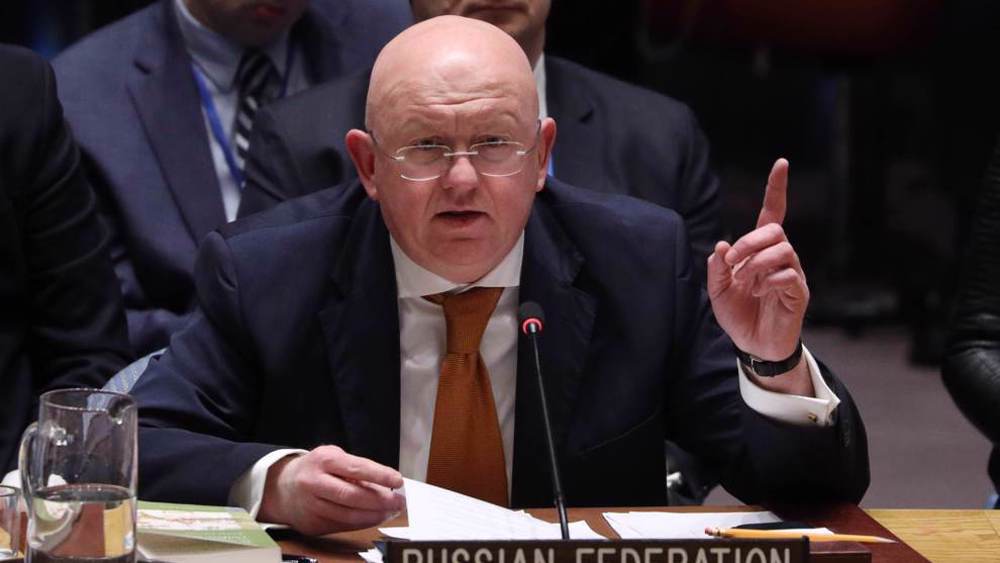Foreign Ministry: Zarif quotes taken out of context, do not reflect official stance
Iran’s Foreign Ministry spokesman says Foreign Minister Mohammad Javad Zarif’s remarks leaked on Sunday have been taken out of context, adding they were part of a classified discussion that was "illegally" published, and by no means reflected the official stance of the Islamic Republic.
"What Zarif has said should be seen as a whole and not cherry-picked," Saeed Khatibzadeh said at a weekly press conference on Monday.
The leaked tape “was by no means an interview from the beginning, nor was it supposed to be an interview… it was part of a routine and confidential dialogue that takes place within the administration,” Khatibzadeh added.
The spokesman said both sides had agreed to keep the dialogue confidential. On Sunday, Iran’s Foreign Ministry said in a statement that the leaked recording was part of a seven-hour dialogue that had been truncated to three hours.
The interview recorded on February 24 as part of an “oral history” research scheme by Iranian economist Saeed Laylaz was first leaked by the London-based television channel Iran International which is funded by Saudi Arabia.
“The Foreign Ministry had no role in selecting the interviewing team and operators and in keeping the files,” Khatibzadeh explained. “We do not know who did this and why.”
Khatibzadeh said the official outcome of any such discussions are only announced by the Foreign Ministry spokesman, the foreign minister, or the president.
The Islamic Republic’s stance cannot be represented through a selected segment of a dialogue, he added.
Diplomats depart Tehran for Vienna talks
During the Monday presser, Khatibzadeh pointed to the ongoing negotiations in Vienna over the Iran nuclear deal, saying Iranian negotiators departed Tehran earlier in the day to attend the next round of talks in the Austrian capital.
He reiterated Iran’s position of rejecting the so-called “step-for-step” or “sequential” return of the United States to its commitments under the 2015 nuclear deal.
“The US must fulfill its commitments. Anything less than that would be an obstacle to the United States’ return to the framework of the JCPOA,” the spokesman said, referring to the deal by its official acronym.
The US unilaterally abandoned the JCPOA in 2018 and instituted the “highest level” of economic sanctions against Iran without any legal justification.
The remaining parties to the 2015 nuclear pact, namely Iran, Russia, China, France, Britain and Germany, began the new rounds of talks under the JCPOA Joint Commission early this month, with the aim of bringing all JCPOA signatories – first and foremost the US – back into compliance with the deal.
Khatibzadeh said Iran is ready to honor its nuclear obligations under the JCPOA after verifying that the US sanctions have been removed.
He also dismissed the idea of holding direct talks with the US over its return to the JCPOA, saying “the US did not negotiate its way out of the JCPOA, so that we would negotiate its way into the deal today”.
“As long as the US does not meet its commitments, it cannot have any chair at the JCPOA [Joint Commission],” he added.
US imposes ‘terrorist-grade sanctions’ on UN expert, ICC judges amid Gaza accountability drive
VIDEO | Press TV's news headlines
Senior Russian general shot and wounded in Moscow: Officials
UK ordered in 'milestone' court ruling to pay $570 million for colonial-era massacre
VIDEO | Defying the rubble, Gaza opens its first face-to-face school since start of war
‘Ready for next round’: Million-man rally in Yemen backs Gaza, resistance
FM Araghchi departs Muscat for Doha following nuclear talks with US
Israeli keeps killing more Palestinian civilians in Gaza amid relentless ceasefire violations









 This makes it easy to access the Press TV website
This makes it easy to access the Press TV website